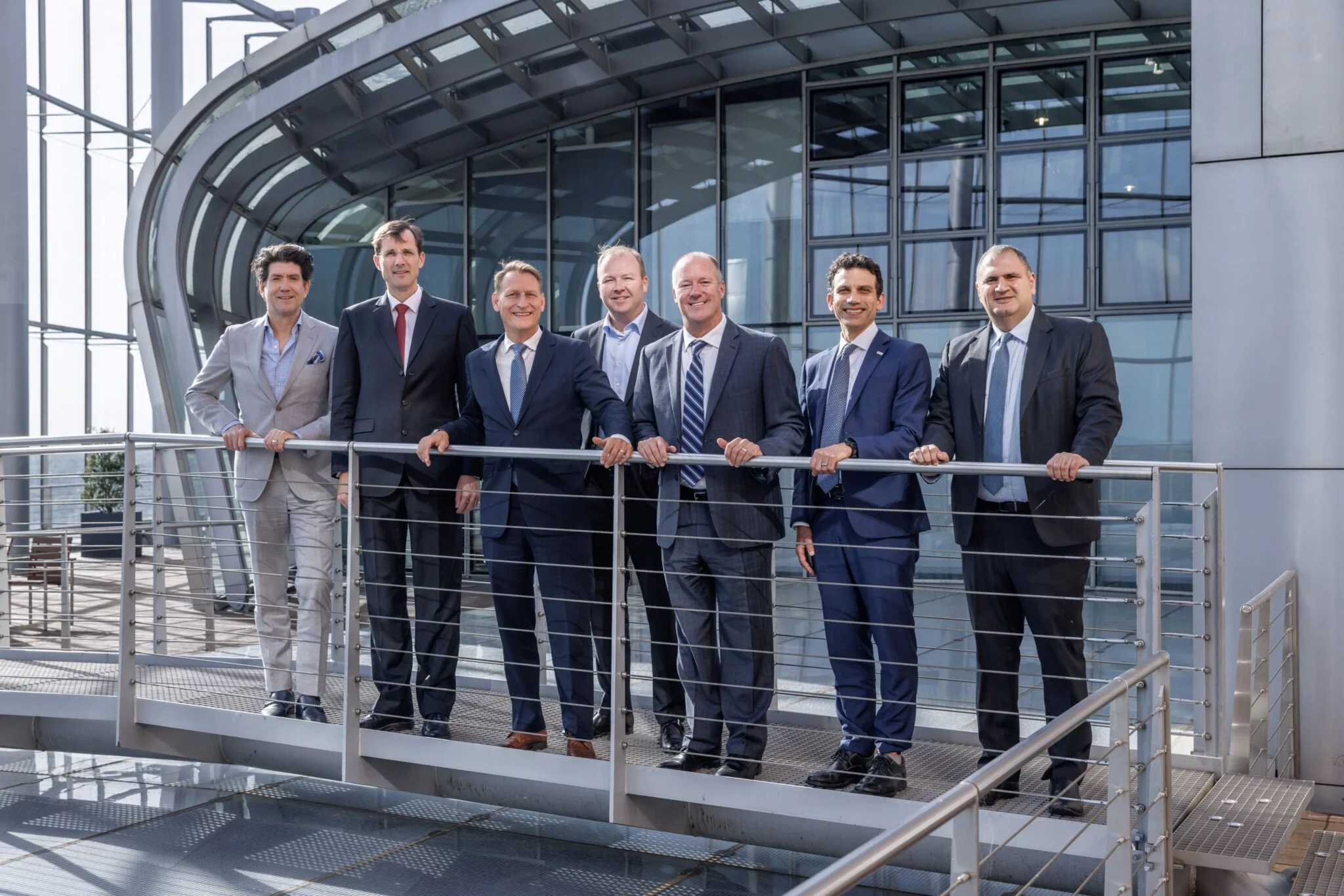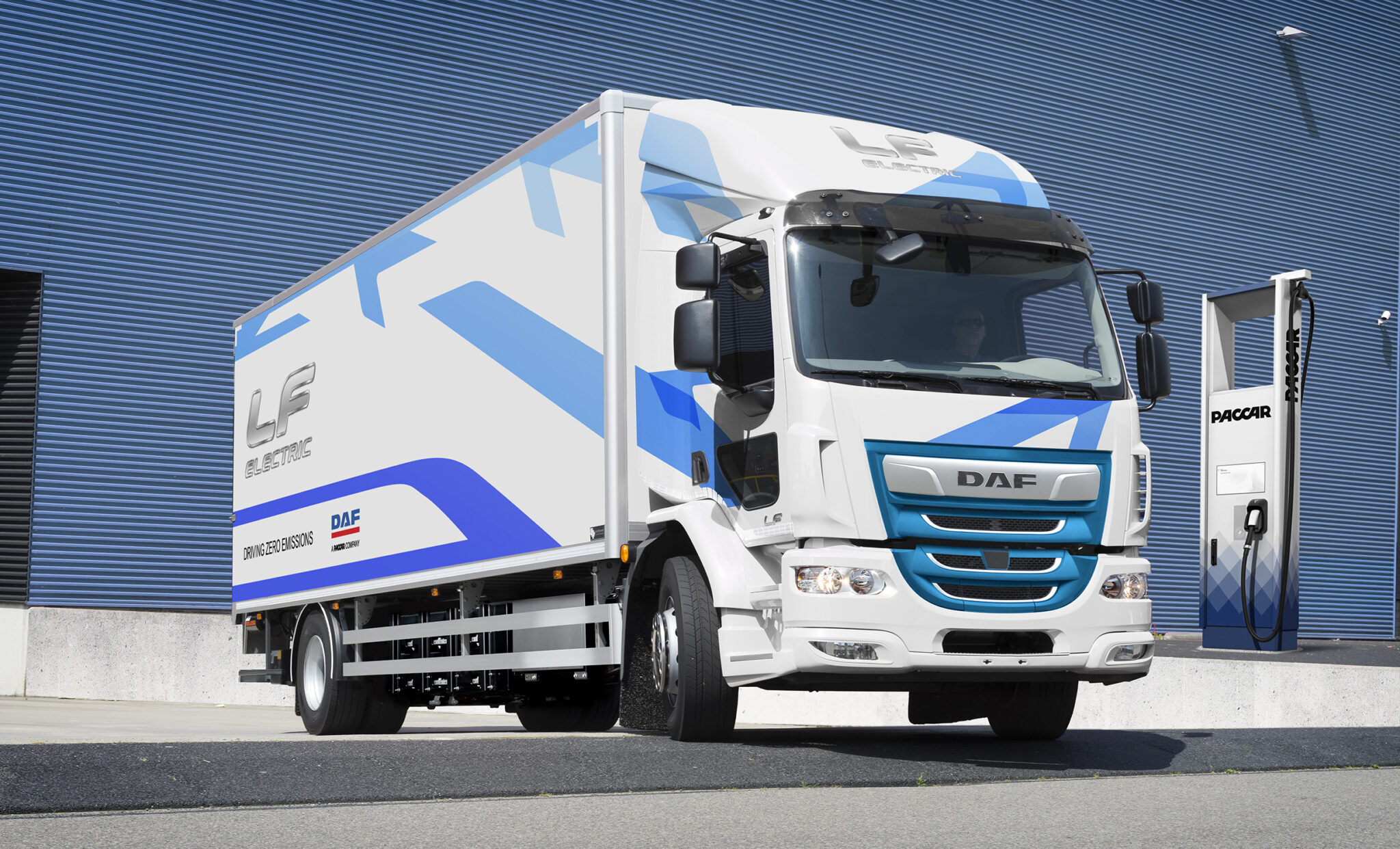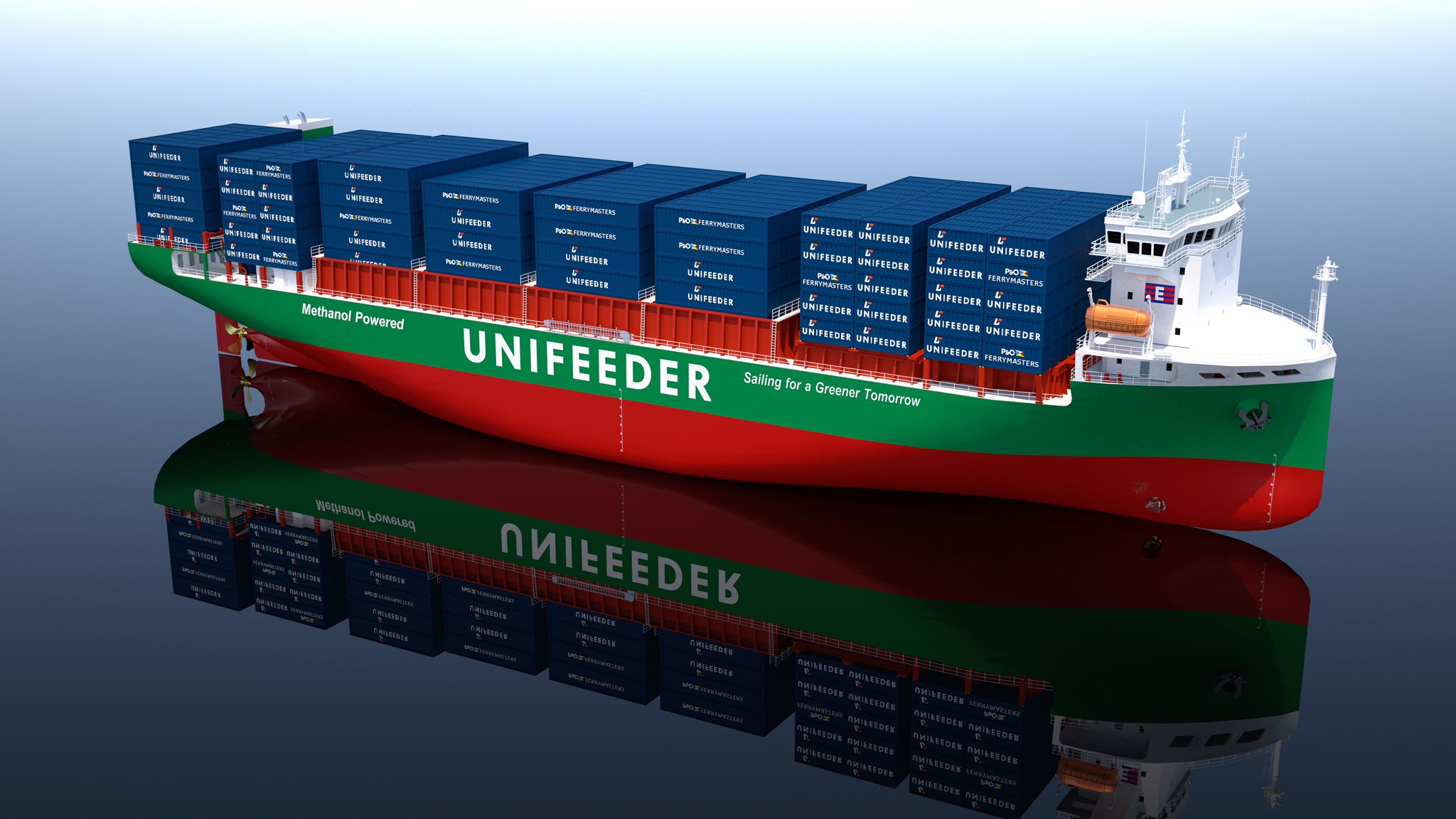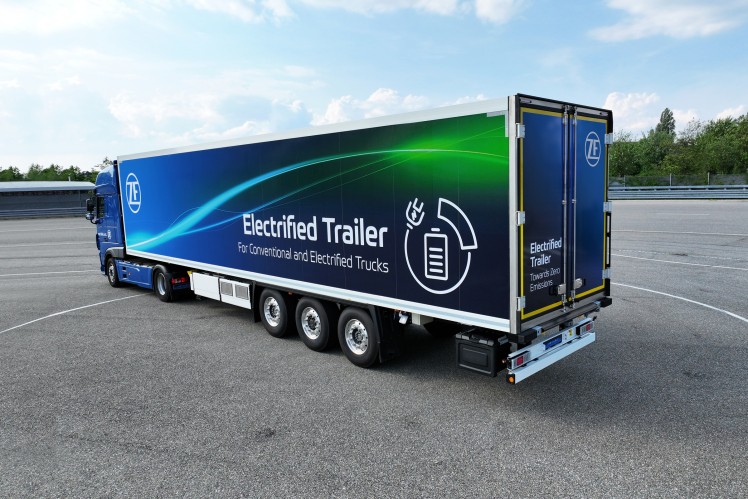DHL Express and World Energy, a leading SAF (sustainable fuel) producer and low-carbon solutions provider, have signed a long-term strategic agreement to accelerate the decarbonization of aviation logistics through the purchase of approx. 668 million litres of Sustainable Aviation Fuel via sustainable aviation fuel certificates (SAFc). The seven-year contract, to run through 2030, is one of the longest and largest SAFc agreements in the aviation industry to date.
The agreement is expected to reduce approx. 1.7 million tonnes of carbon dioxide emissions over the aviation fuel lifecycle – this is equivalent to handling the approximately 77,000 annual aircraft movements of DHL Express in the Americas carbon neutrally for a full year. The milestone agreement is further testament to DHL Group’s ambitious Sustainability Roadmap, which includes the goal to reduce the Group’s annual greenhouse gas emissions to below 29 million tonnes CO2e in 2030 across scopes 1, 2 and 3.
“DHL Express is firmly dedicated to pioneering a sustainable future in aviation logistics; said John Pearson, CEO DHL Express. By partnering with World Energy and confirming this milestone agreement, we are taking another concrete leap towards minimizing our carbon footprint and contributing to a more sustainable future. We want to inspire more suppliers to accelerate industry-wide production and adoption of SAF.”
“We are honoured to team up with DHL on this quest to decarbonize aviation,” said Gene Gebolys, World Energy CEO. “Decarbonizing the hard-to-abate sectors requires commitment across the value chain, and partnerships like the one we are launching today are key to enabling companies like DHL to meet their ambitions climate goals.”
Transparency and accountability with Book & Claim
With SAFc, the fuel’s environmental attributes are separated from the fuel itself using a “Book & Claim” chain of custody model. The Book & Claim approach enhances transparency and accountability of sustainable fuels by ensuring that the emission reductions associated with each credit are accurately transferred and verified by a third party. It allows DHL Express to purchase SAFc, utilize the associated emission reductions, and extend the environmental attributes to its customers through the GoGreen Plus service.
SAFc delivered through Book & Claim also helps to minimize both logistical costs and emissions as the fuel does not need to be shipped around the world. This helps make SAFc the most efficient way to decarbonize aviation. All of World Energy SAFc for DHL will meet rigorous sustainability certification standards from the Roundtable on Sustainable Biomaterials (RSB). In addition, all volumes will be traced through an independent registry to ensure traceability of claims related to SAFc. The fuel itself will be supplied to Los Angeles area airports, close to World Energy’s production facility in Paramount, California.









